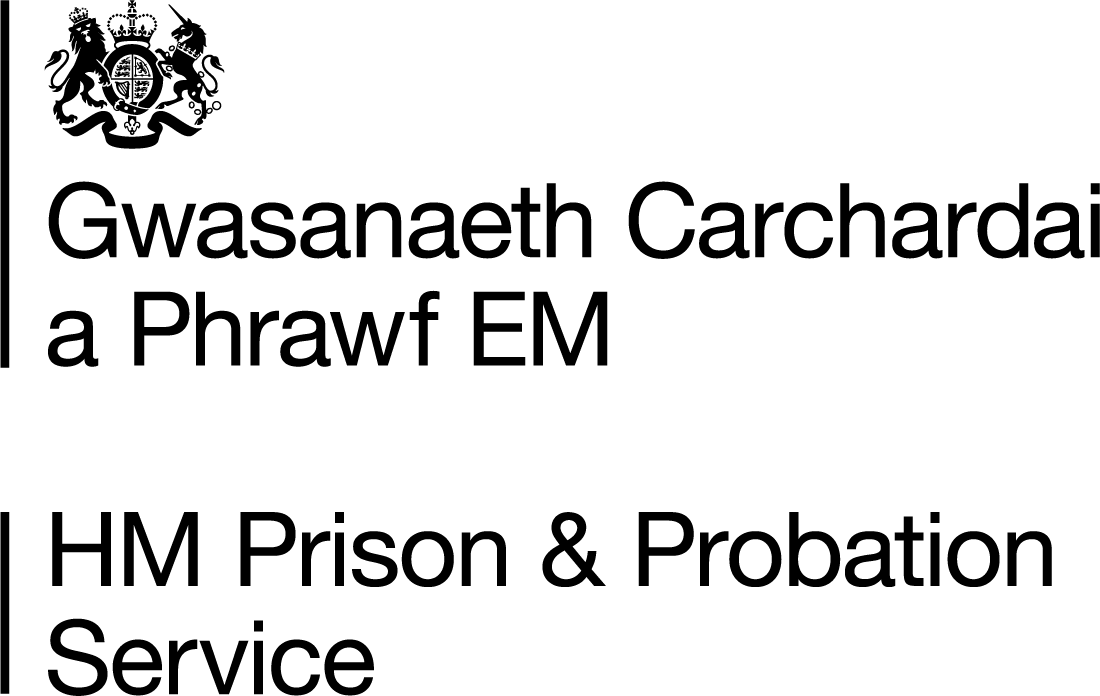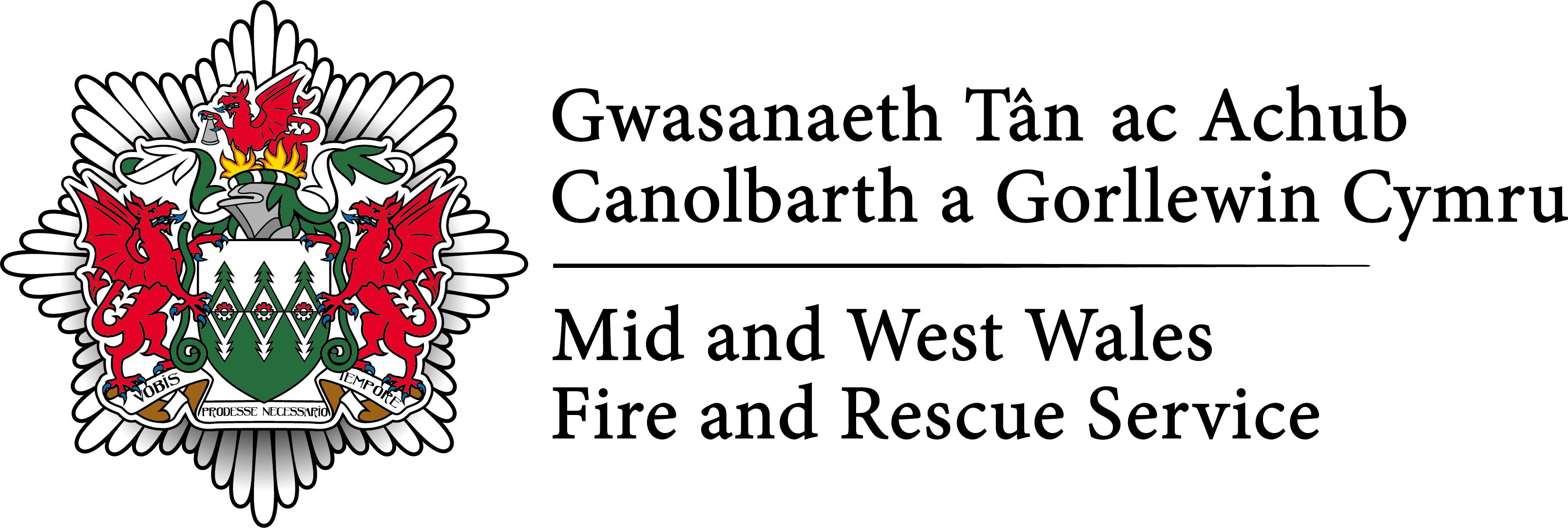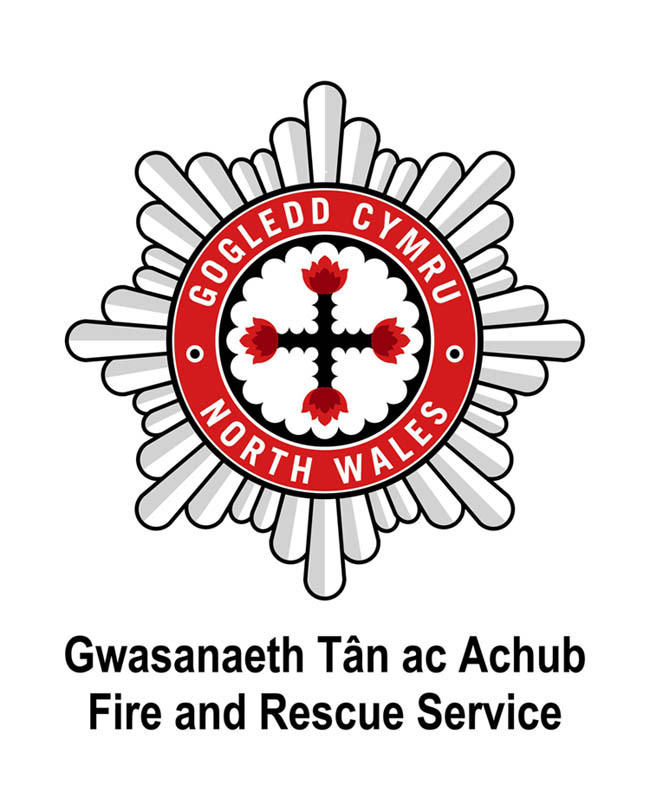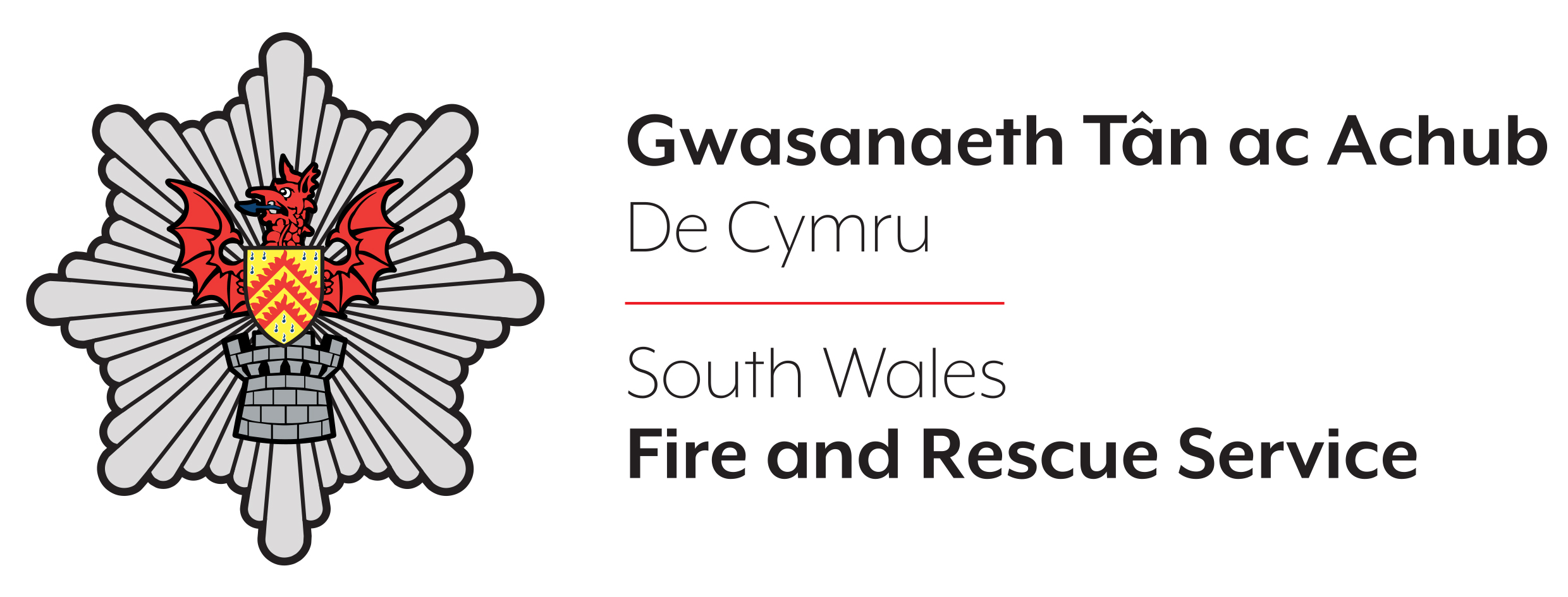- Open Spaces Act 1906 allowed local authorities to own or rent public spaces including for the development of pavements or for people’s leisure activities.
- Town and Country Planning Act 1990 added public green space to include urban parks and gardens, country parks, canal and riverbanks.
- For legislation on Anti-Social Behaviour in all forms including fly grazing, harassment, fires, sexual violence, knife and other offensive weapon crimes please see the sections of the website focused on them.
- Anti-social Behaviour, Crime and Policing Act 2014
This Act set in place the six remedies currently available to manage ASB, which are: civil injunctions; criminal behaviour orders; community protection notices; public spaces protection orders; closure orders; dispersal powers. It also introduced the community trigger and community remedy.
- Civil injunctions
Courts award injunctions to stop people engaging in ASB. They can be awarded without notice but are only available if there has been a threat or use of violence.
- Criminal behaviour orders
Criminal court issued against a person who has been convicted of an offence and is causing ASB.
- Dispersal powers
Allow the police to order a person who is causing harassment, alarm or distress to leave a specific area for up to 48 hours.
- Community protection notices
Can be issued by local authorities, police and some housing associations to address a wide range of problems, such as littering and noise nuisance.
- Public space protection orders
Can be used by local authorities to prevent persistent, unreasonable and/or detrimental behaviour.










